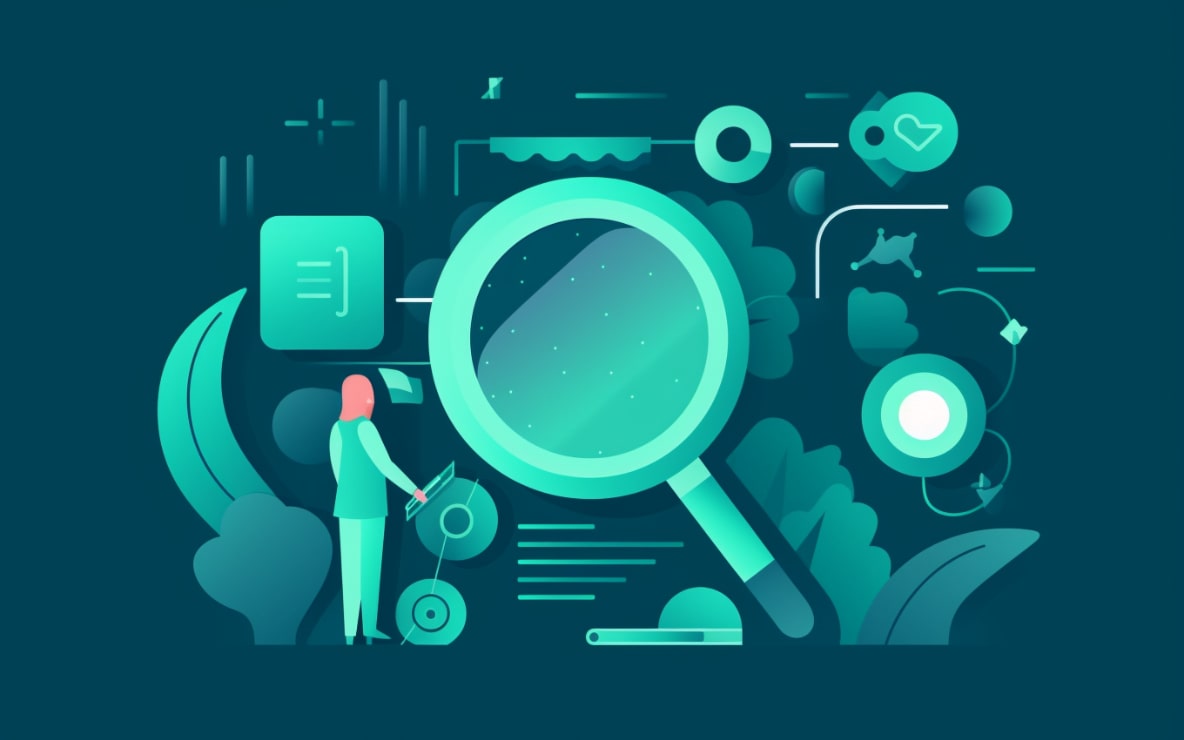


It's no secret that the world of search engine optimization (SEO) is constantly evolving. With the rapid advancements in technology, and AI in particular, many have started to wonder if human strategists are becoming obsolete in the field of SEO. In this blog post, we'll explore this idea, examining the current state of SEO, the role of human strategists and whether or not their days are numbered.
The rise of AI and machine learning has undeniably had a significant impact on the world of SEO. As these technologies become more sophisticated, they are increasingly capable of analyzing vast amounts of data to identify trends, patterns and behaviors that can help optimize website performance in search engine rankings. This has led to the development of AI-powered SEO tools and platforms that make it easier for businesses to optimize their online presence.
But what does this mean for the role of human strategists in SEO? On one hand, AI-powered tools can take care of many of the more tedious and time-consuming tasks, such as keyword research, competitor analysis and content optimization. This can free up human strategists to focus on more strategic and creative aspects of SEO, such as building relationships with influencers, crafting compelling content and developing innovative marketing campaigns.
On the other hand, the rise of AI in SEO has led to concerns that human strategists may eventually become obsolete, as AI-powered tools and platforms become more capable of handling not only the more mundane aspects of SEO, but also the strategic and creative elements. This has led to a debate within the industry, with some arguing that human strategists will always be necessary, while others believe that AI will eventually render them irrelevant.
While it's true that AI-powered SEO tools and platforms have made great strides in recent years, there are still several areas where human strategists have the edge. One of these areas is creativity. While AI can analyze data and make recommendations based on patterns, it still lacks the ability to think creatively and generate truly original ideas. This is where human strategists shine, as they can draw on their own experiences, emotions and insights to come up with innovative strategies and solutions.
Another advantage of human strategists is their ability to understand context and nuance. While AI can analyze data and identify patterns, it often struggles with understanding the subtleties of language and human behavior. Human strategists, on the other hand, can pick up on these nuances and use them to craft more effective SEO strategies that resonate with their target audience.
Finally, human strategists have the ability to form relationships and build trust with clients, partners and influencers. While AI can certainly help to identify potential partners and opportunities, it cannot replicate the human touch that is so essential for building strong, long-lasting relationships. This is a critical aspect of SEO, as strong relationships can lead to valuable backlinks, collaborations and other opportunities that can help improve a website's search engine rankings.
So, are human strategists becoming obsolete in the rise of SEO? While it's true that AI has made significant strides in recent years, it's clear that there are still several areas where human strategists have the edge. In the foreseeable future, it seems likely that human strategists will continue to play a vital role in the world of SEO, working alongside AI-powered tools and platforms to deliver the best possible results for clients.
However, this doesn't mean that human strategists can afford to rest on their laurels. To stay relevant and competitive in the ever-evolving world of SEO, it's essential for human strategists to stay up-to-date with the latest developments in AI and machine learning, and to embrace these technologies as valuable tools that can help them enhance their strategies and deliver better results for their clients. By adopting a collaborative approach that leverages the strengths of both AI and human strategists, businesses can enjoy the best of both worlds, achieving a perfect balance between data-driven insights and creative intuition.
In addition, human strategists should focus on developing their skills in areas where they have a clear advantage over AI, such as creativity, relationship building and understanding context and nuance. By honing these skills, human strategists can ensure that they continue to provide value to their clients and remain indispensable in the world of SEO.
It's also important for human strategists to keep an open mind and be willing to adapt to new technologies and approaches as they emerge. The world of SEO is constantly changing, and those who are able to adapt and evolve with it will be best positioned to thrive in the long term.
Are human strategists becoming obsolete in the rise of SEO? For now, the answer seems to be a resounding "no." While AI and machine learning have undoubtedly revolutionized the field of SEO, there are still several areas where human strategists hold the advantage. By embracing these new technologies and focusing on developing their skills in areas where they excel, human strategists can continue to play a vital role in the world of SEO for the foreseeable future.
At Hierographx, we recognize the importance of striking a balance between AI-powered tools and the expertise of our human strategists. We believe that this combined approach allows us to deliver the best possible results for our clients, ensuring that their websites not only rank highly in search engine results but also resonate with their target audiences.
So, if you're looking to improve your online presence and boost your search engine rankings, why not get in touch with our team of skilled human strategists? We'd be more than happy to discuss how our unique blend of AI-powered tools and human expertise can help your business succeed in the ever-changing world of SEO.